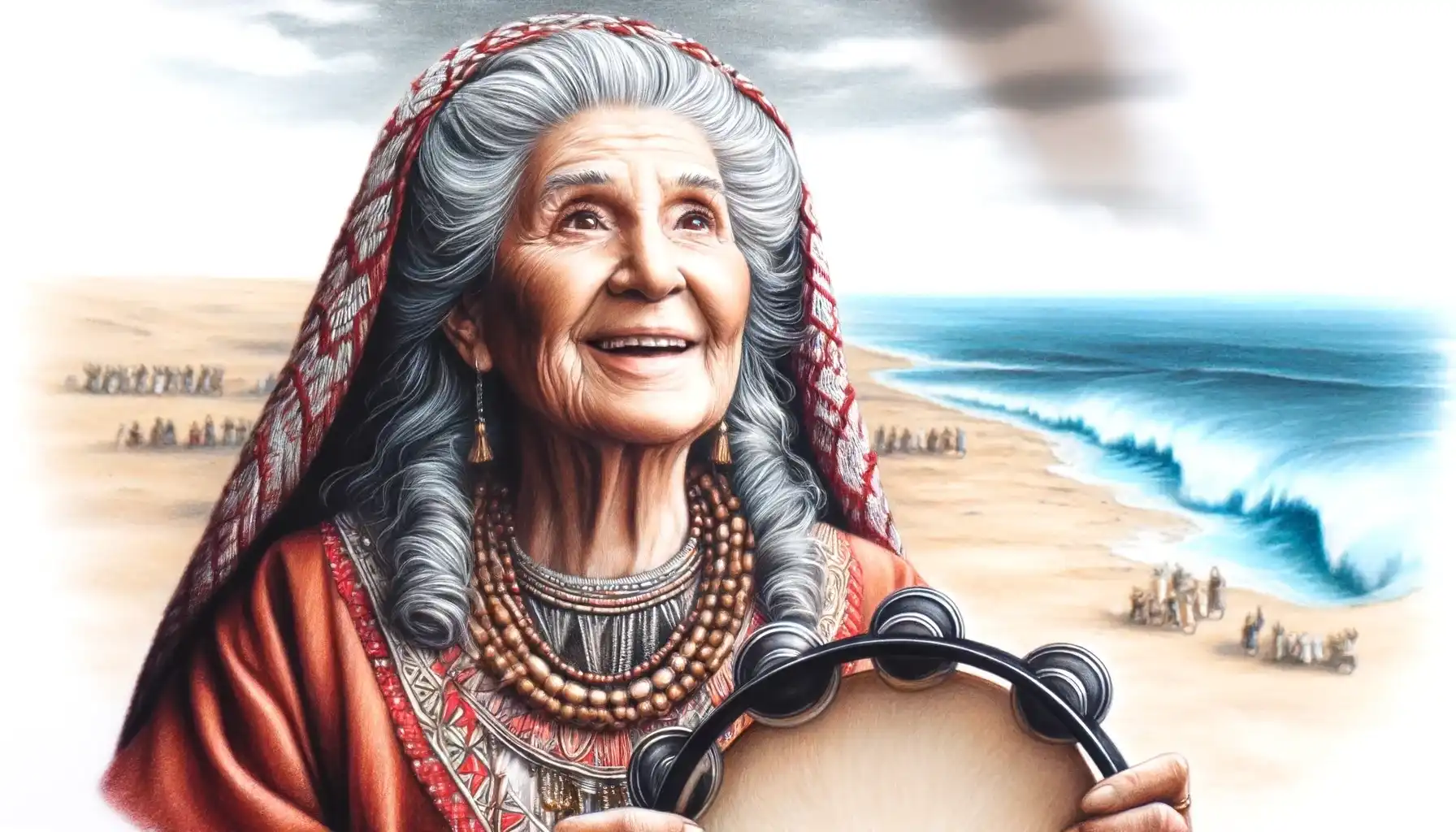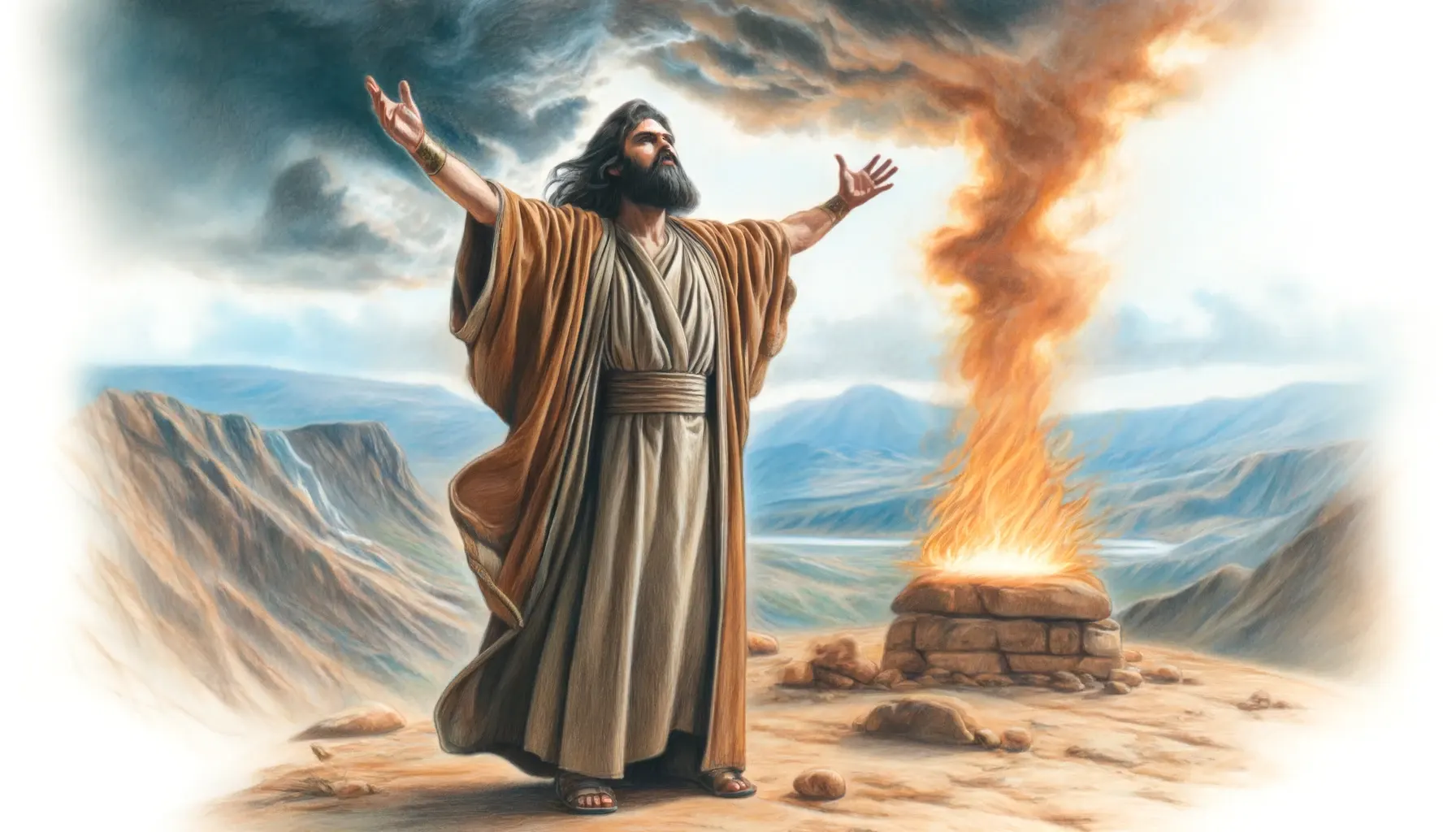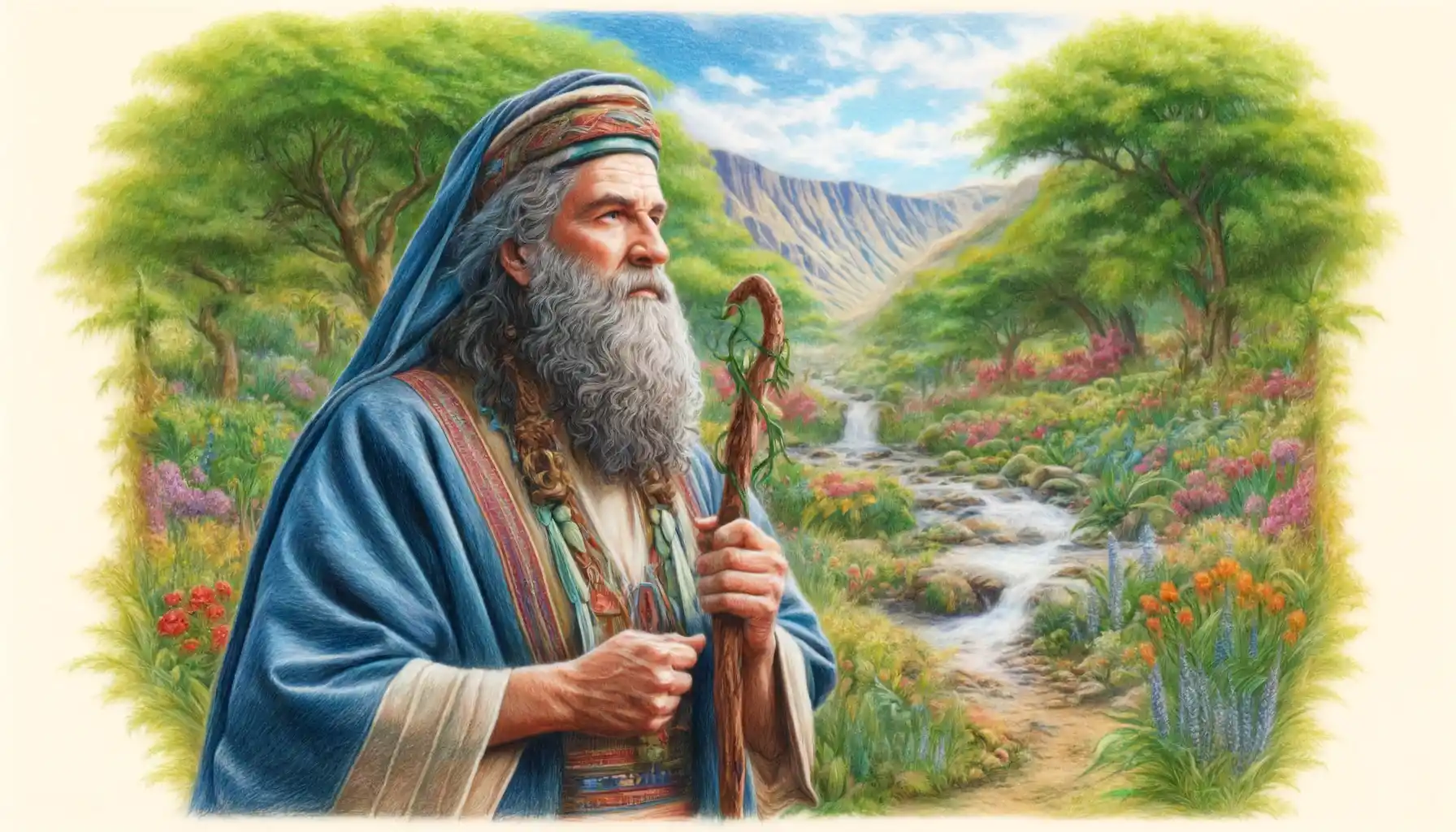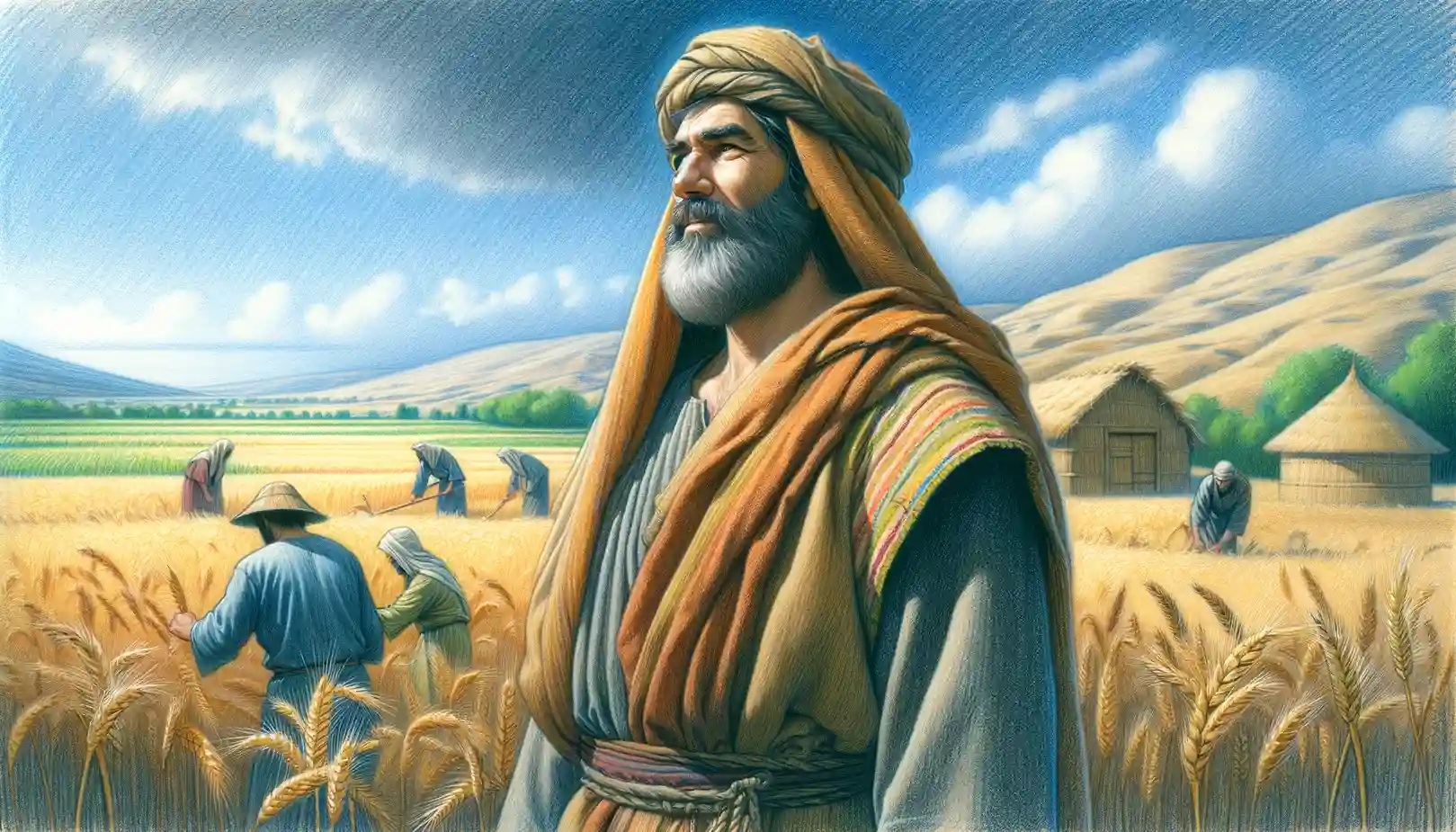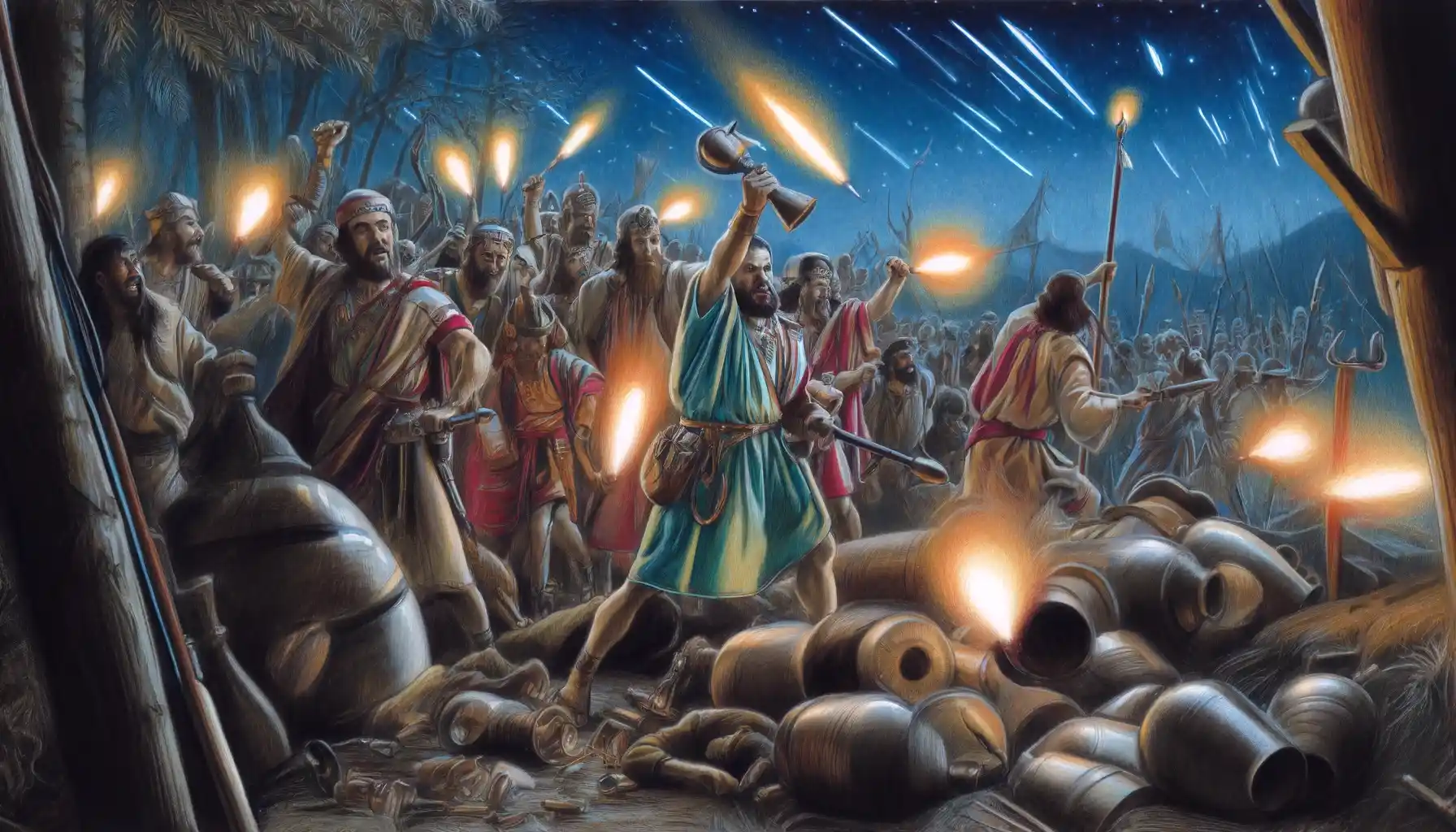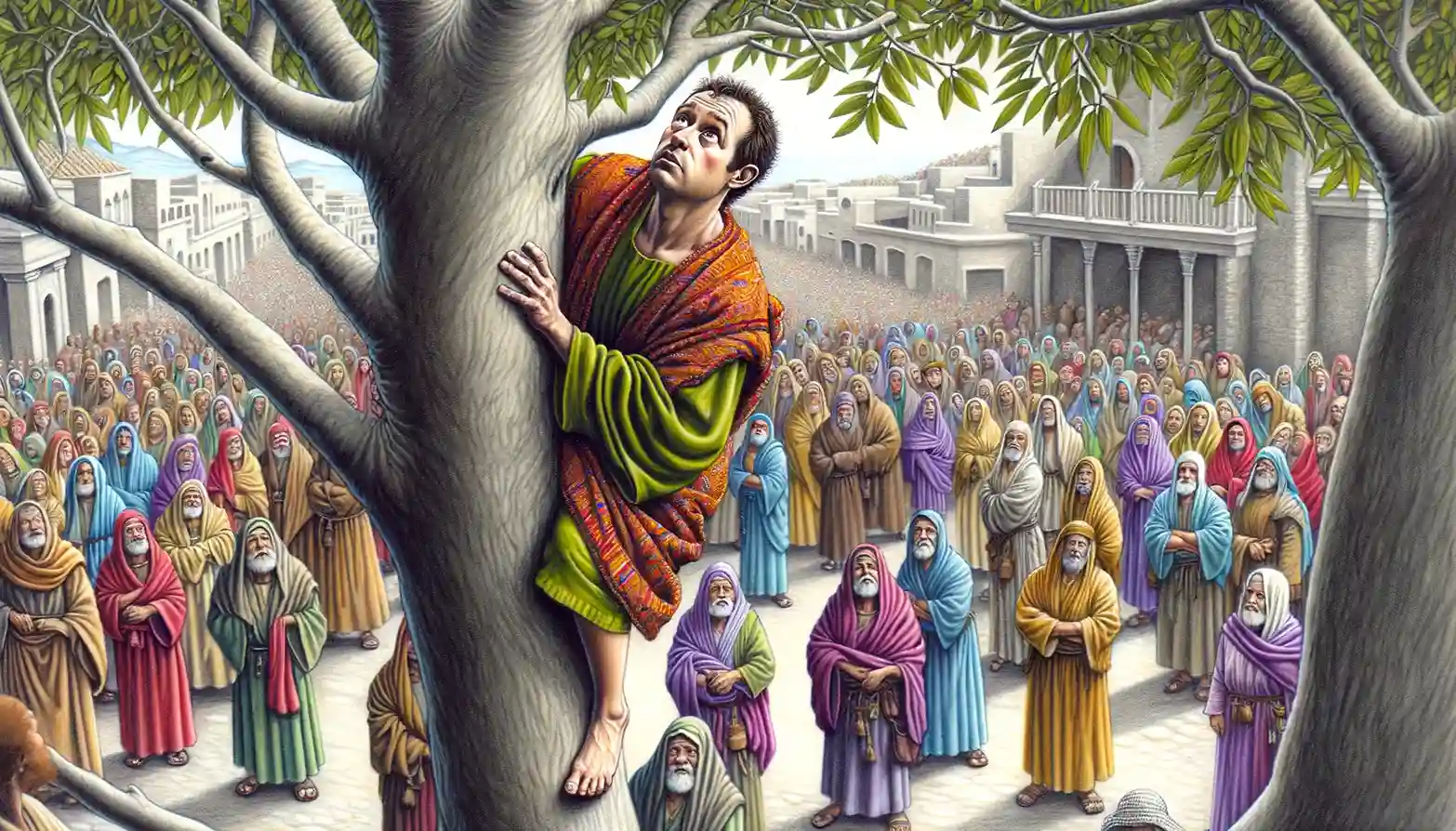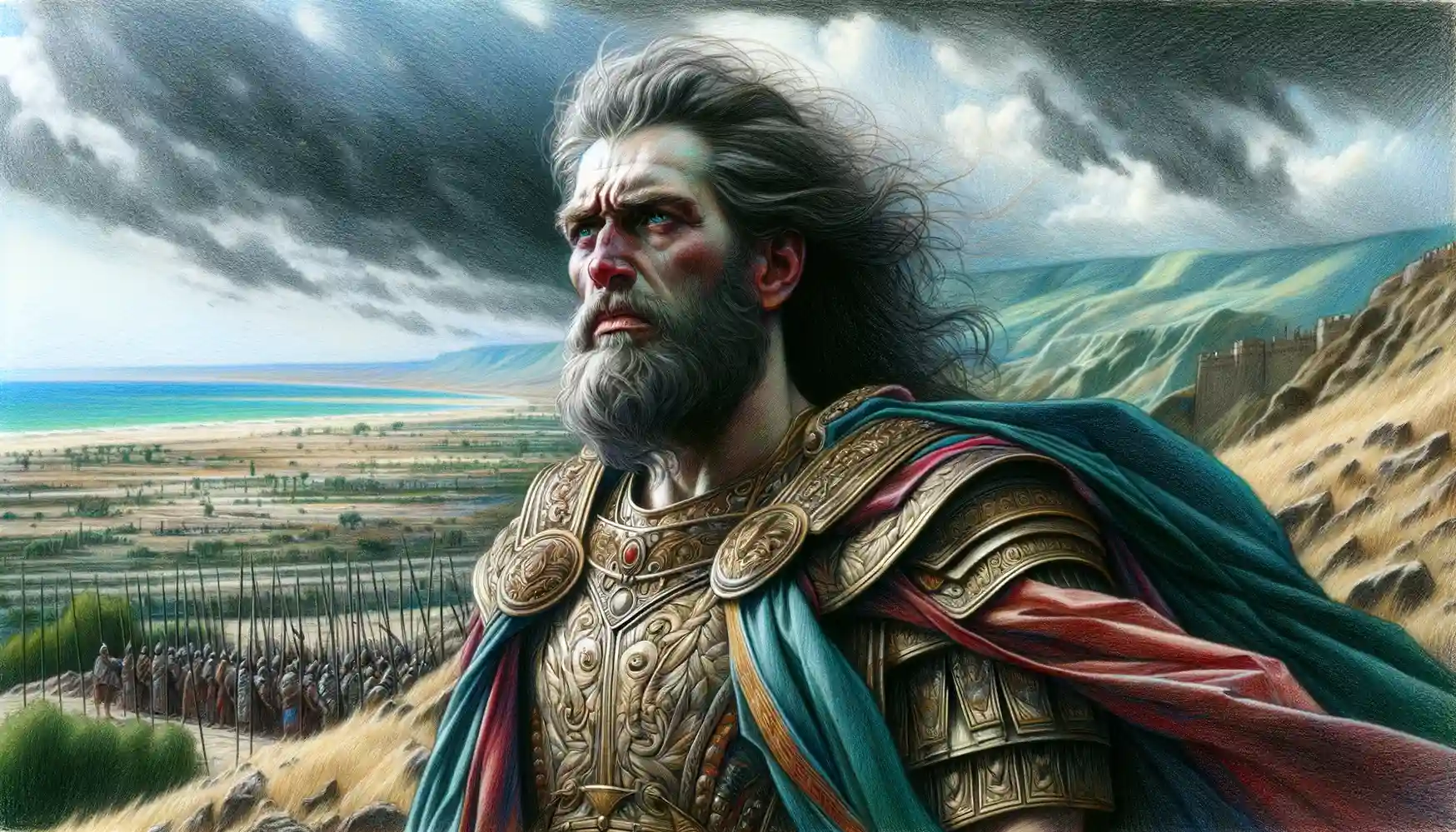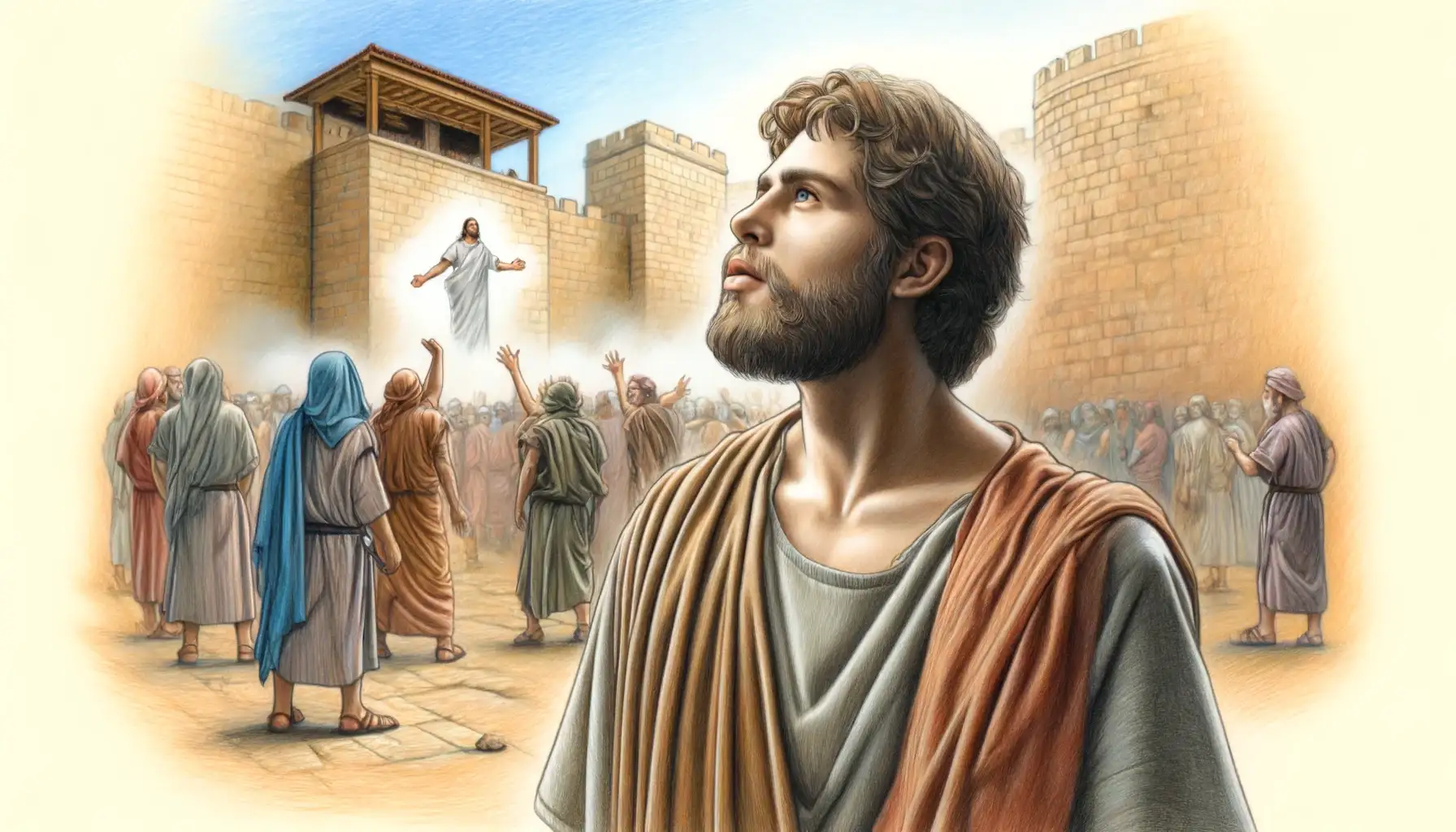Miriam’s life and actions encapsulate the trials and triumphs faced by the Israelites during their formative years; as a prophetess and leader, her story contributes significantly to our understanding of the complexities of biblical leadership, the role of women in ancient Israel, and the enduring power of faith and prophecy, inviting reflection on the balance between authority and humility, and the importance of both challenging and supporting communal leadership.
Deborah’s role in biblical history is not only a testament to her own strength and wisdom, but it also highlights the themes of faith, obedience, and God’s providential care for Israel, encouraging reflection on the nature of God’s governance, the role of women in society, and the dynamics of faith and leadership.
Elijah, a defining prophet in the Hebrew Bible, is celebrated for his unwavering dedication to God, most notably demonstrated through his dramatic confrontation with the prophets of Baal on Mount Carmel, where he proved God’s supreme power by calling down fire from heaven.
Elisha, the biblical prophet and successor to Elijah, is renowned for his miraculous ministry, including purifying waters, multiplying oil, resurrecting the dead, and healing Naaman’s leprosy, reflecting his profound impact on Israel through divine interventions and his significant role in the nation’s political and spiritual realms.
Boaz, a prominent and righteous landowner in the Book of Ruth, exemplifies the virtues of kindness and legal adherence by acting as a kinsman-redeemer, thus ensuring the preservation and continuation of a family line that is central to the genealogical and theological narrative of the Bible.
Gideon, a judge of Israel, famously defeated the Midianites with only 300 men through a combination of divine guidance and unconventional tactics, demonstrating God’s power to achieve victory through faith and obedience, despite overwhelming odds.
David, the second king of Israel, known as a “man after God’s own heart,” rose from humble beginnings as a shepherd to unify the nation, establish Jerusalem as his capital, and embody a complex legacy of devout faith, profound personal failings, and enduring covenantal significance.
Saul’s story serves as a cautionary tale about the importance of obedience to God and the dangers of personal ambition and jealousy in leadership.
Stephen’s martyrdom marks a critical point in the early Christian church, symbolizing the spread of Christianity beyond Jerusalem and indicating the severe persecution that early Christians faced. His life and death encourage steadfast faith and courage in the face of opposition.

